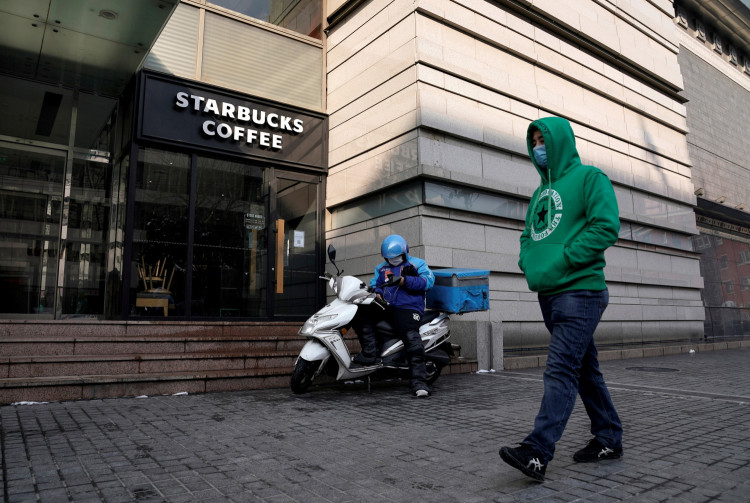Starbucks said on Sunday that it is hoping to have 6,000 stores in the country by 2022 as it seeks to invest around $130 million in the world's second-largest economy.
According to Xinhua, the massive investment will also be used in the coffee giant's new Coffee Innovation Park (CIP) that is expected to rise from the ground sometimes 2022. The said establishment will be a state-of-the-art coffee bean roasting facility.
The CIP will include a warehouse and distribution center, a coffee bean roasting factory, and other necessary facilities for the park. Furthermore, it is expected to bring in new jobs and opportunities for people in the coffee-making industry.
Before the roasting facility was announced in China, the company already established roasting facilities in Amsterdam and five others in the United States as a means of improving distribution capabilities around the world.
Industry experts believe the China Starbucks CIP will up the coffee giant's dominance in the country despite tough competition from global brands and rising Chinese startups.
The CIP will be constructed in Kunshan city, a town roughly one hour from Shanghai. It will be Starbucks' biggest investment yet outside its home country, the U.S., and it is also the first from the coffee company in Asia.
The news came despite the global coronavirus crisis that kicked off in China in December and amid rising fears for the global economy. Industry experts said the move from Starbucks may be an indication of its faith in China's rebound this year and beyond.
Chairman and CEO of Starbucks China Belinda Wong said that the company "has always taken a long-term view in China, and our commitment the market has never been stronger."
Earlier this month, the company announced that it is expecting a massive decline in sales across Chinese stores, especially for the current quarter due to the coronavirus situation in the country.
CEO Kevin Johnson told stakeholders that sales dropped 78 percent in stores open for at least over a year in China for the month of February due to temporary closures during the peak of the CoVID-19 crisis in the country.
China implemented widespread closures of stores as part of the government's action plan in battling the novel virus. There were reduced hours of operation, shops and stores had to close down, and customer traffic dropped as citizens were asked to stay home.
Starbucks isn't the only company with massive operations in China that announced smaller estimates for the coming months due to the CoVID-19 situation.






